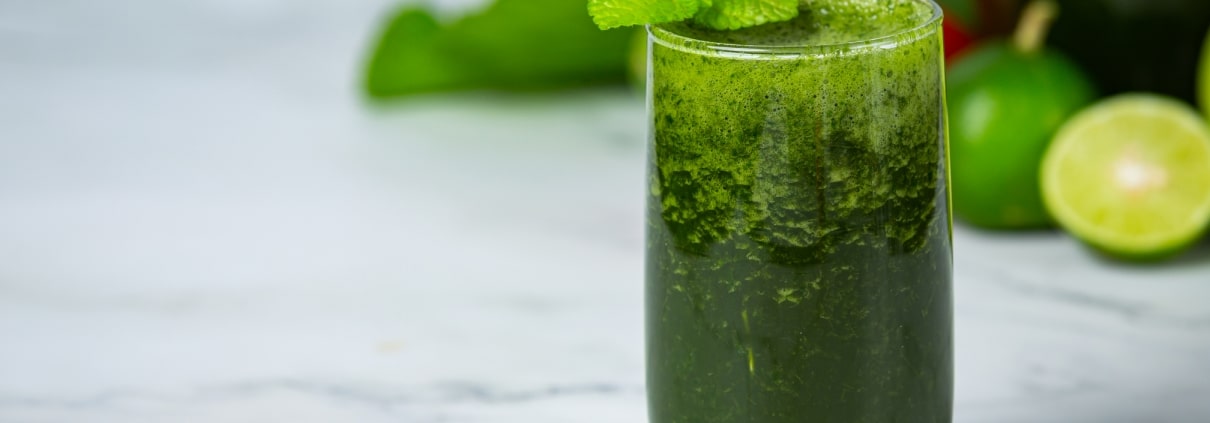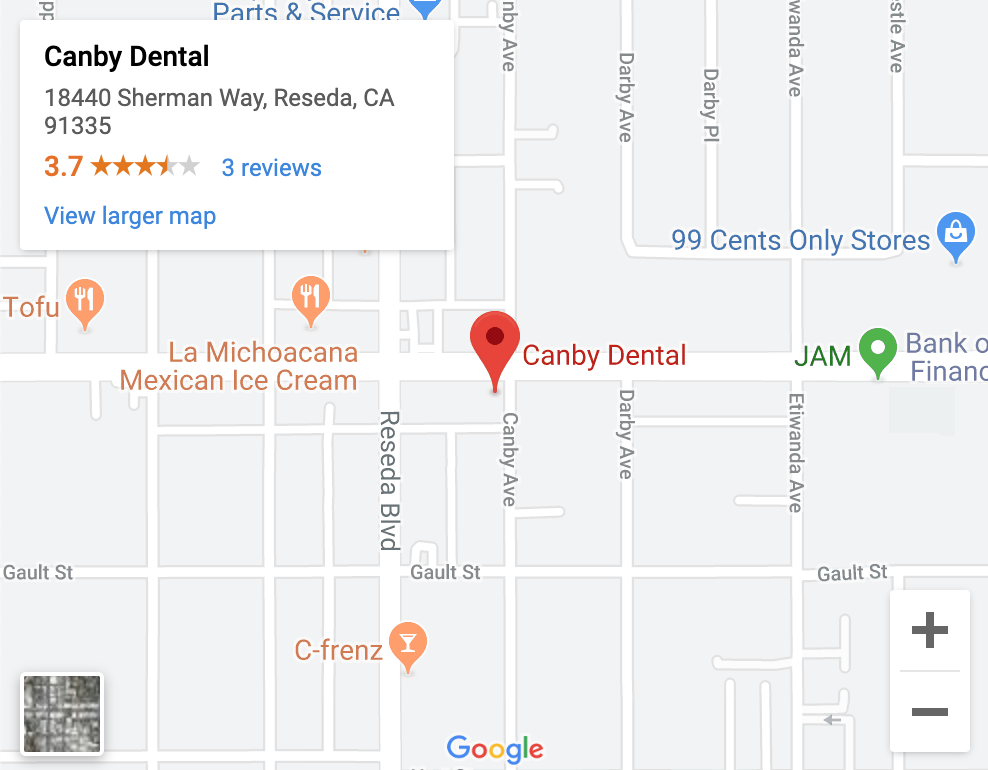Is Juicing Bad for Your Teeth?
From people looking to lose weight and cleanse their system to those just trying to get in more fruits and veggies, many have turned to juicing at home. Juicers have grown to be a common small appliance for the average consumer to have around, and many use their juicer on a regular basis. While juicing may have its obvious advantages, you may be wondering of juicing is hard on your teeth. In truth, juicing can have its obvious advantages, but may also have a few downfalls for the overall health of your smile. Here is a look at a few things to consider.
Certain types of juices may cause stains on your teeth.
Some juices are naturally highly acidic, which can be hard on the enamel of your teeth, but some juices have dark or vibrant colors that may leave stains as well. Beets, some berries, and even leafy greens like kale and spinach have the potential to cause stains. Make sure you drink water to rinse your mouth directly after drinking the juice, and you may even consider drinking some juices through a straw.
Drinking juice means you miss out on teeth-cleaning fiber.
Fruits and veggies are naturally full of fiber. As you chew, fiber sloughs away the plaque on your teeth as you chew. If you break down these foods in a juicer, you are essentially removing the fiber from the equation, which means you won’t get that same action. It is a good idea to brush after consuming your juice for this reason, but wait a bit to do so to give some of the acids time to neutralize so the brushing does not harm your tooth enamel.
Watch out for the sugar content in some juice recipes.
A common misconception is that all-natural sugar is good for your body. However, even too much sugar derived from fruits can be a bad thing for your body and your teeth. If you are plucking juice recipes off the internet, pay careful attention to what the ingredients are and how much sugar is in each. Two apples, a handful of grapes, a carrot, and a beet may only give you a glass of juice, but it may also deliver a whopping amount of sugar as well. As a reference, one apple has as much as 19 grams of sugar. Try to keep the sugar content of your juices as low as palatable, and drink plenty of water after juice consumption to wash away excess sugars.
Talk to a Reseda Dentist About Your Dental Health
Even the seemingly healthy routines you follow daily can pose dangers for your teeth. If you are a regular juicer, be extra vigilant about your oral health care routine, and get regular dental checkups. Reach out to us at Canby Dental in Reseda, CA to schedule an appointment.








Leave a Reply
Want to join the discussion?Feel free to contribute!